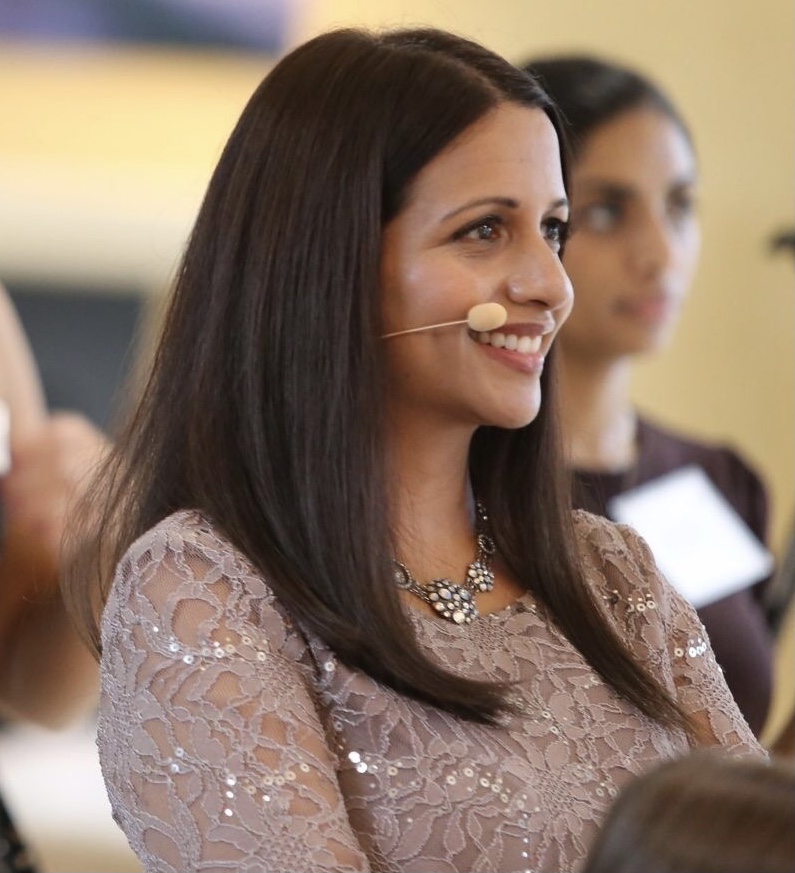“I had a great boss, Shawn, when I worked as a Technical Consultant in Market Research at Eli Lilly. Shawn did two things very well: he knew how to navigate the company culture to build influence, and he showed his advocacy through a behavior I call signaling.
Shawn hired me to create change by developing the technical expertise in marketing and market research for the organization. If you value a person, you want to make them successful; at Eli Lilly, they highly valued pedigree. When Shawn introduced me, he used my full name and credentials, leading with “This is Kim Saxton, she has a BS from MIT and her MBA/PhD in marketing and statistics from IU.” In doing so, he was setting me up for success immediately among the senior team and other staff.
He would also display a powerful behavior, signaling. When I was to serve as his delegate at a meeting, he’d go in with his coffee cup, say hi to those already there, and then leave as the meeting began. Everyone then knew that I was his delegate. Then as any initiative was getting started, he would introduce me and let me run the meeting or presentation. One initiative, he set up 33 presentations that I managed on his behalf. The intentionality he showed certainly reinforced his commitment to me, and to his overall role as an advocate.
Shawn and I had a great working relationship. This was in the pre-laptop days. As a technical consultant within Lilly, I was working with 10 different brand teams and on several organization-wide initiatives. We had a big presentation on one initiative to the top management team – the top 13 executives at Lilly. Shawn came in over the weekend to help me prep the final presentation. But, he was color-blind. So, as we were changing graphics on the slides, he would ask me which color – which row and column? When I finally took a vacation and came back, he noted, ‘Holy moly. I had to get on your computer to find a file. I was shocked. I had no idea how much you’d been working! I’m glad that so many teams are asking for your help. Thank you for just taking it all in stride.’
It seemed like a win-win-win situation. He helped me be successful, he made the organization better, and he demonstrated how to be a great male ally.”
– Kim, Clinical Associate Professor of Marketing, Kelley School of Business, Indiana University
Indianapolis, IN
Read this story and others at The Corner of the Court Project









